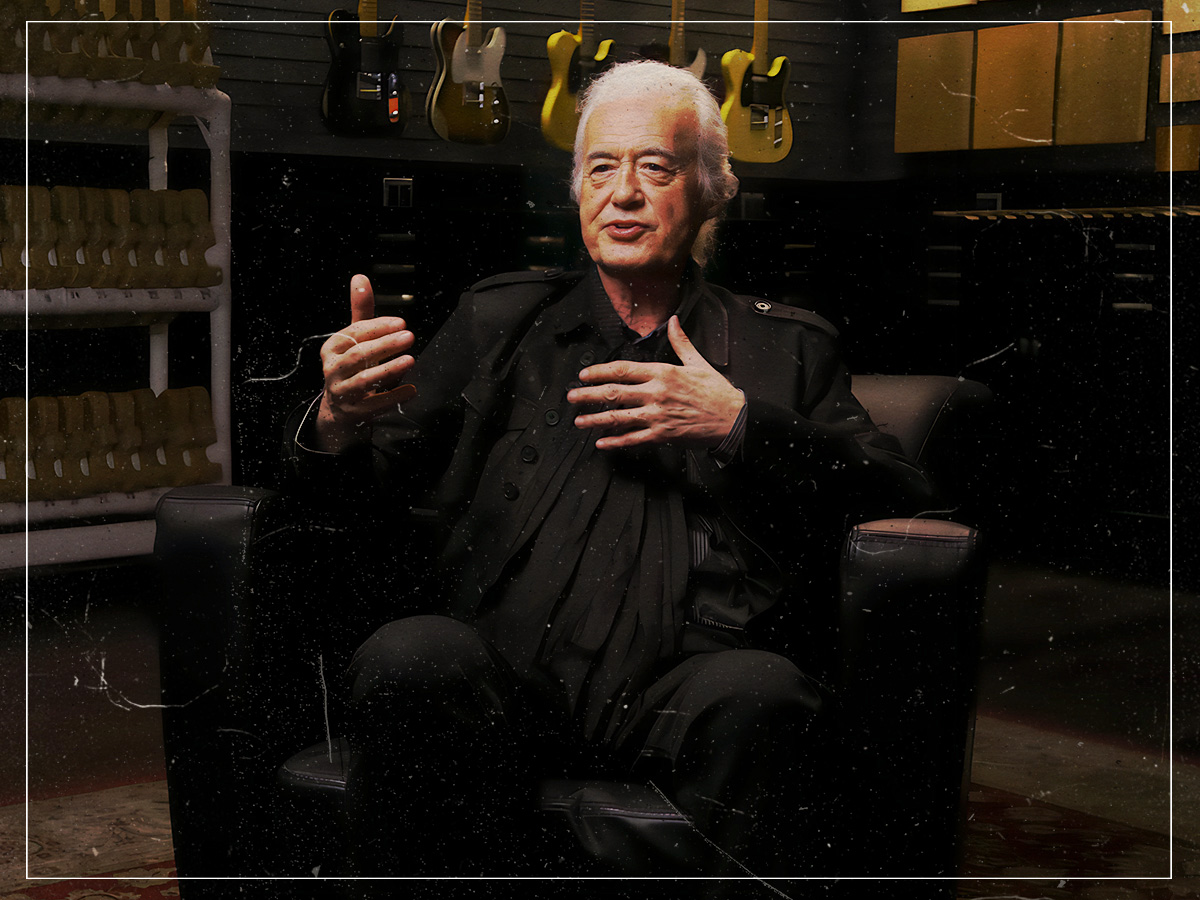“Everything to do with the band”: The Led Zeppelin album Jimmy Page called “perfect”
Every album has its flaws, and the artist may or may not want to admit them. Although there are plenty of artists who talk up everything they do as one of the greatest pieces of music that has ever been gifted to creation, there are still fans who will think that there are peaks and valleys or outright dogs in their catalogue that people should avoid like the plague. While Led Zeppelin didn’t have too many moments of them striking out in the studio, Jimmy Page felt that some albums did a better job of capturing the essence of the band than others.
But, really, Page’s vision for the band was always the route they were going to take. He was the one who imagined it all after forming them from the ashes of The Yardbirds, and when people heard them coming out with guns blazing on their first album, it felt like listening to the rock world change in real-time, taking the bluesy structure of the London club scene and infusing it with the kind of dark spirit that they would become known for on tracks like ‘Dazed and Confused’ and ‘Communication Breakdown’.
Then again, listening to Zeppelin’s run of albums consecutively does get a bit draining by the end of the experience. They could have rested on their laurels after becoming one of the most successful bands in the world, but listening through albums like In Through the Out Door saw them going in a much different direction and even committing the cardinal sin of having Page take a back seat on tunes like ‘All My Love’.
It wasn’t everyone’s cup of tea, but Zeppelin was born to experiment. Ever since going in an acoustic direction on Led Zeppelin III, they weren’t afraid to try anything new, and when working on strange studio tricks on Houses of the Holy or turning everything up to ten on Physical Graffiti, there weren’t too many things that were off-limits when they were working on their classics. But even by their standards, their fourth untitled record captures a certain sweet spot.
At only eight tracks, the entire record feels like a blueprint for both the past, present and future of the band. They still had the love for the blues on ‘When the Levee Breaks’ and could kick ass up and down the stage on ‘Rock and Roll’, but tunes like ‘Black Dog’ and ‘Stairway to Heaven’ was their signal to everyone that they were going to start heading in different directions for the rest of their career.
Most fans were already head over heels for Zeppelin by this point, but Page felt that their fourth outing was the moment where everything came together for them, saying, “It was very clear to me at the time. The fourth album showcases perfectly everything to do with the band, whether it’s the individual performances or how it works collectively, the production and everything to do with it. It’s a really strong time capsule; that’s what it is and so different from the albums that came before.”
While there are tunes on the record that do sound a bit whacky, they even get fleshed out later in their career. It’s hard enough trying to keep up with what time signature ‘Black Dog’ is in, but listening to them play the track on their live DVDs showed them truly finding their groove when locking in with John Bonham.
Although Zeppelin’s fourth record has achieved the distinction of being one of the biggest rock albums of all time, the adventurousness behind every song can’t be overlooked. Many people have tried to capture the essence of Zeppelin on their own projects, but it’s all in vain when all of this was coming out of what the band could do organically.

Leave a Reply